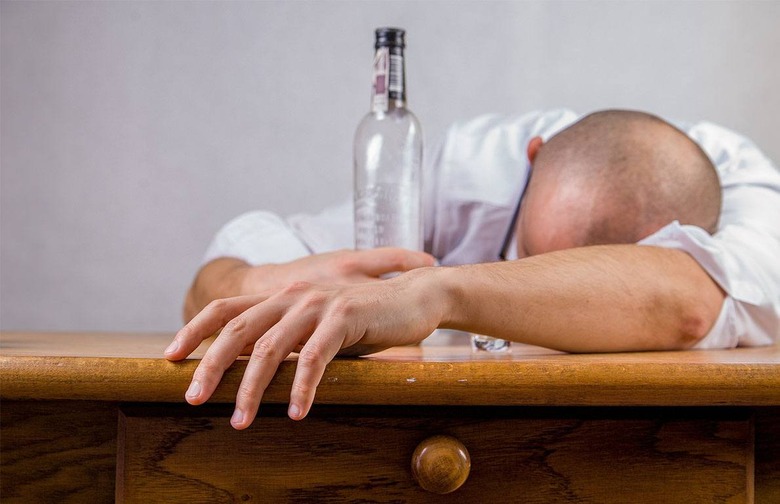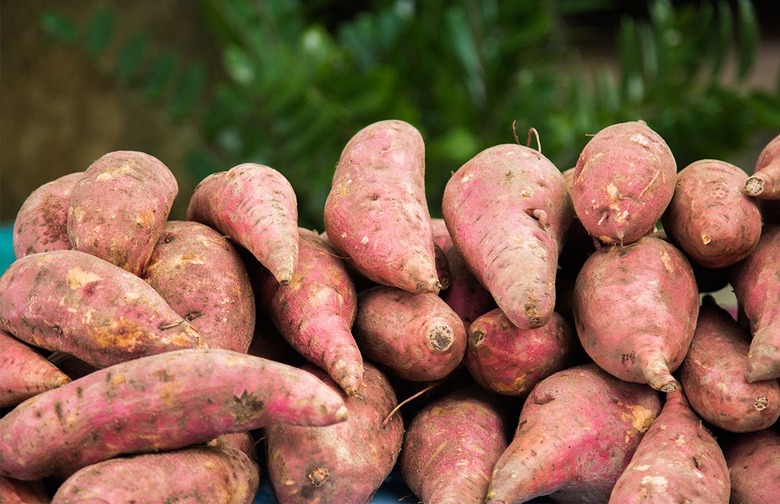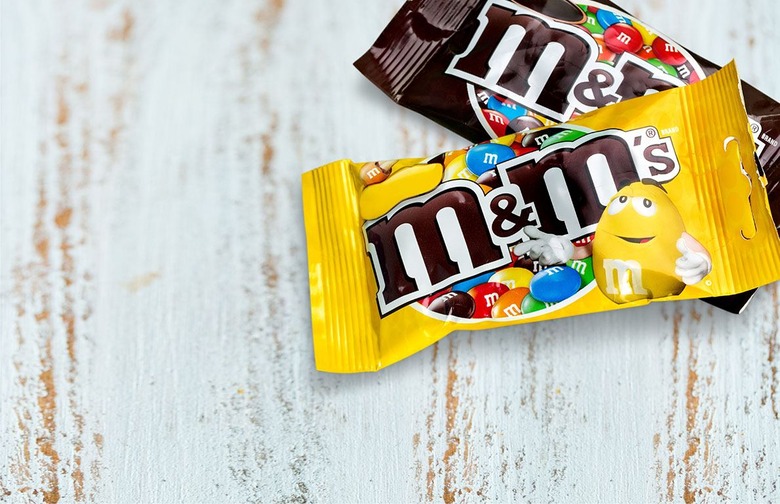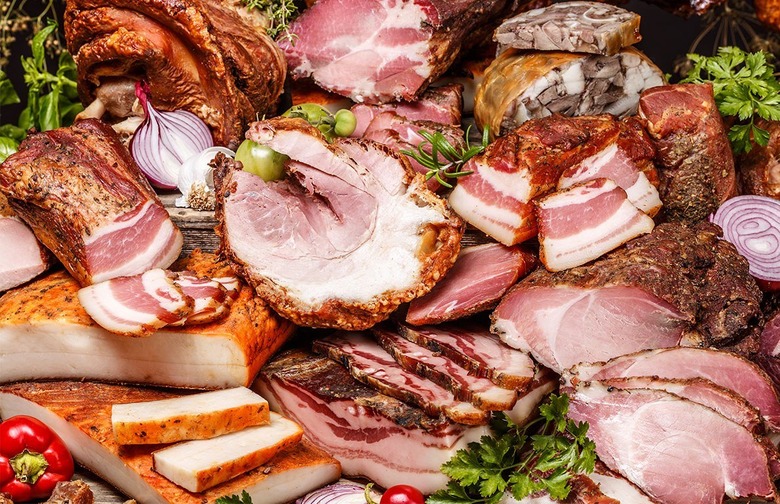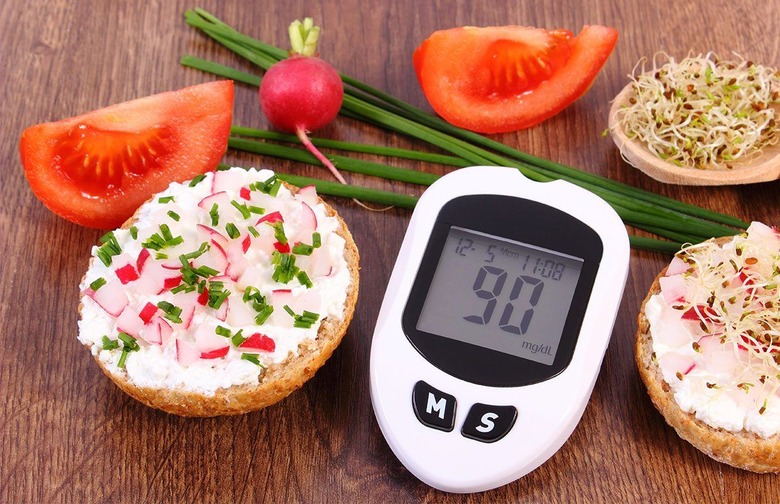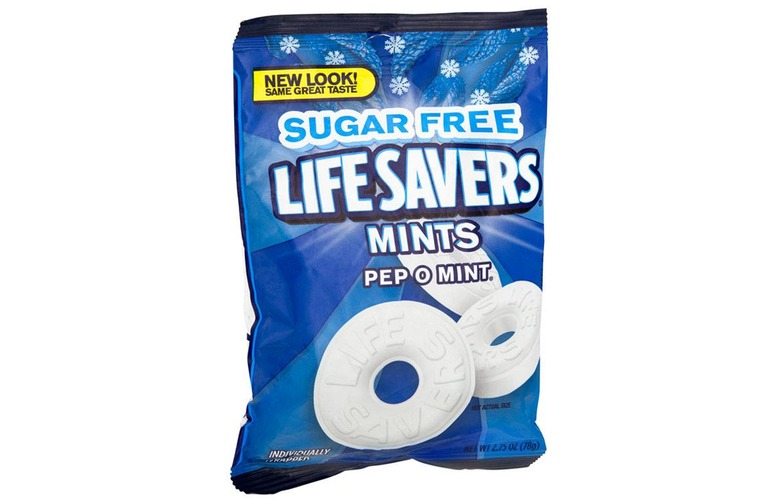7 Things You Didn't Know About Diabetes And Diet Slideshow
It's OK for diabetics to have between one and two servings of alcohol per day, but it's important to avoid drinking on an empty stomach. According to the American Diabetes Association, research shows that moderate alcohol consumption can even reduce some risk of heart disease. When drinking, it's best to try to stay away from sugary mixers, and instead use healthier, unsweetened ingredients for cocktails, and when drinking beer, opt for a "light" variety
Diabetes Superfoods Do Exist
Foods like beans, dark leafy greens, and sweet potatoes are considered "diabetes superfoods" by the American Diabetes Association. They provide fiber and nutrients, and are low in calories, but most importantly, all of these superfoods have a low glycemic index, meaning they take longer for the body to convert into glucose and thus won't spike blood sugar levels.
Not All Candy Needs to Be Avoided
Managing blood sugar levels is essential when living with Type 2 diabetes, and there's nothing more representative of sugar than candy. But not all candy is created equal. A Snickers bar or a Fruit Roll-Up ranks high on the glycemic index, but candy like Peanut M&M's isn't converted into glucose as quickly.
Red Meat Affects Insulin Resistance
Diabetes is often associated with carbohydrates and sugars, but eating too much red meat can also have adverse health effects. Beef and other processed meats are high in saturated fat, which collects around tissue and organs, and can exacerbate insulin resistance in diabetics. Stick with lean meats, fish, and legumes when trying to incorporate protein into a diabetic diet.
Special “Diabetic Meals” Are a Myth
While it's true that diabetics need to be more aware of their carbohydrate intake, the general principles that make up a well-rounded diet are the same for everyone. Healthy eating involves eliminating refined carbohydrates like white breads, pastries, and white rice, and replacing them with whole-grain foods and fiber-rich fruits and vegetables. Most "dietetic" foods provide no additional health benefits, are more expensive, and can have a laxative effect.
Sugar-Free Doesn’t Mean Carbohydrate-Free
Many brands of cookies, candies, and pastries might promote themselves as "sugar-free," but this doesn't mean they're appropriate for a diabetic's diet. It's recommended that people diagnosed with Type 2 diabetes should eat a maximum of 45 and 60 grams of carbohydrates, respectively, with each meal, but some sugar-free cookies and candies still contain more than 20 grams of carbohydrates per serving.
Weight Gain Doesn’t Automatically Lead to Type 2 Diabetes
Although diet and weight are important indicators of whether an individual will develop Type 2 diabetes, there are other factors such as family history, ethnicity, and age that may also lead to a diagnosis. Many overweight people never develop diabetes, while around 10 percent of diabetes cases affect people of normal weight.
